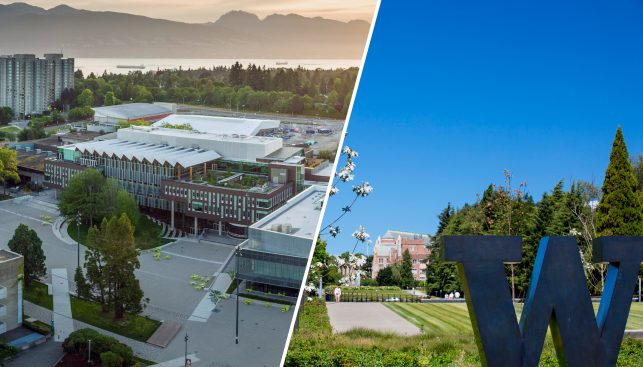“While we recognize the crucial role that universities play in building great companies in the Pacific Northwest, whether it be in computing, life sciences, aerospace or interactive entertainment, we also know research, particularly data science, holds the key to solving some of Vancouver and Seattle’s most pressing issues. This grant will advance this work,” said Brad Smith, President and Cheif Legal Officer at Microsoft. Researchers from the universities will examine the cities data to look for solutions to crucial problems in the area. Students and stakeholders will also participate, creating a unified pool of talent and resources. The two have plenty of experience in this regard, UW’s eScience Institute and UCBC’s Data Science Institute already making a difference. Using ORCA data, they innovated Seattle’s bus, train, and ferry pass program, made sidewalks more accessible, and provided insight into home loss.
‘A Catalyst for Broader and More Sustainable Efforts’
Though this isn’t the first time the two universities has collaborated, Microsoft believes its investment will make all the difference. According to Smith, the Redmond giant expects CUAC to “complete twice as much joint research over the next two years as they have accomplished in the past 10”. However, the wider goal is to build “broader and more sustainable efforts” between the two, ultimately bringing benefits to Washington State, British Columbia, and the U.S. and Canada as a whole. The investment is part of Microsoft’s larger push for the creation of a ‘Cascadia Innovation Corridor’. The white paper suggests a better connection between Vancouver and Seattle, by both transport and ecosystem. “Today’s announcement is just one step forward in creating a 21st-century corridor that builds on the strengths and the shared values of two great cities and regions, creating a brighter future for everyone, on both sides of the border,” said Smith.




